Meeting with IMF today to break deadlock

The government and the International Monetary Fund are set to meet again today for another round of negotiations over the release of the fourth and fifth tranches of a $4.7 billion loan programme.
The two sides will meet virtually to break the deadlock over the issue of liberalising the exchange rate, which has been holding up the authorisation of the two instalments, The Daily Star has learnt from finance ministry officials involved with the proceedings.
If Bangladesh accepts the IMF's prescription for a more flexible exchange rate, the foreign exchange market may turn volatile. So, the country sought a $1 billion stabilisation fund for prompt intervention in the market, the officials said.
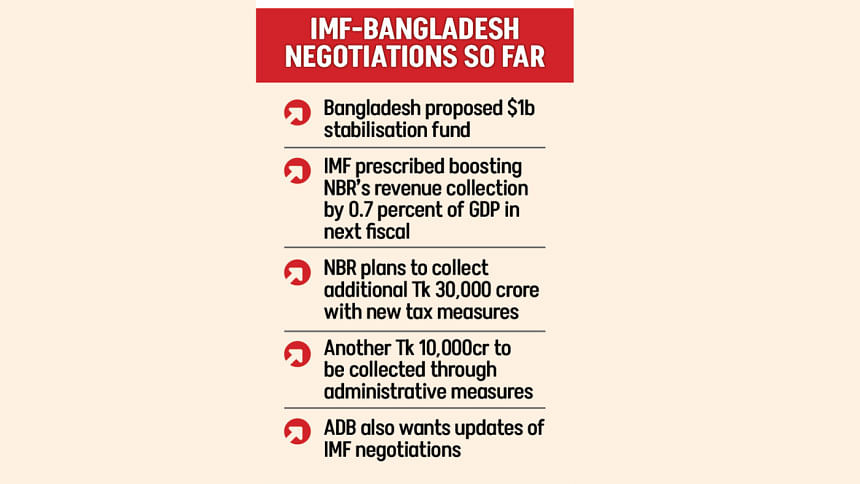
The IMF did not respond immediately to Bangladesh's request in the series of in-person meetings between the two sides in Washington, DC in the last week of April.
Earlier, Finance Adviser Salehuddin Ahmed told journalists on his return from Washington that the IMF has agreed to a $500 million stabilisation fund.
"They [IMF] told us to remove the band under the crawling peg. If the band is removed, the dollar would appreciate unsustainably," he added.
Under the crawling peg system at present, the exchange rate fluctuates within a narrow range.
Since December, government and IMF officials have held multiple rounds of talks in Dhaka and Washington. Disagreements -- particularly over exchange rate flexibility and efforts to raise the country's revenue-to-GDP ratio -- had delayed the release of the fourth tranche.
However, the finance ministry officials said a consensus has been reached on the issues regarding the National Board of Revenue (NBR) in Washington, including the revenue-to-GDP ratio.
The government has agreed to collect an additional Tk 30,000 crore in revenue in the next fiscal year under a new tax measure endorsed by the IMF.
Initially, the IMF had recommended raising additional taxes equivalent to 0.9 percent of the national GDP.
However, following a series of meetings, both sides settled on a lower target of 0.7 percent -- an estimated Tk 40,000 crore in additional taxes -- of which Tk 10,000 crore is expected to be collected through administrative measures.
Under the new tax plan, the government will raise the value-added tax (VAT) on several products to the standard rate of 15 percent, cut back on tax holidays and withdraw various exemptions.
There is no disagreement between the government and the IMF on NBR-related matters, a senior NBR official told The Daily Star.
"We plan to engage with the business community, and they may not be too unhappy, as inputting VAT credits could offset the higher tax rates and benefit them in the long run," he said.
In January, the NBR increased VAT and supplementary duties on nearly 100 goods and services in an effort to meet an additional revenue target of Tk 12,000 crore for the current fiscal year. However, many of those increases were rolled back after facing widespread public concern.
Achieving an additional 0.7 percent of GDP through new tax measures would be challenging given that the NBR had previously failed to meet a 0.5 percent target, said Nasiruddin Ahmed, a former NBR chairman.
However, he expressed confidence that more than Tk 10,000 crore could be raised through administrative measures.
"This would require significant strengthening of the NBR's reform initiatives and enforcement mechanisms," he said.
Despite failing to meet revenue collection targets for the December and March quarters -- and with the June target also appearing out of reach -- the IMF has agreed to waive the revenue ceiling requirement for the fourth and fifth tranches of its $4.7 billion loan programme.
Meanwhile, the Asian Development Bank has enquired about Bangladesh's negotiations with the IMF, Salehuddin told journalists after his meeting with the Manila-based multilateral lender's Vice-President Yungming Yang.
The government is also trying to get budget support from the ADB by June.
To get budget support from other multilateral lenders, a "comfort letter" is required as the IMF conducts the economic due diligence, Salehuddin said after the meeting on the sidelines of the ADB's annual meeting in Milan.


 For all latest news, follow The Daily Star's Google News channel.
For all latest news, follow The Daily Star's Google News channel. 


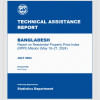
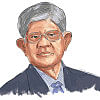
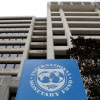
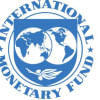


Comments